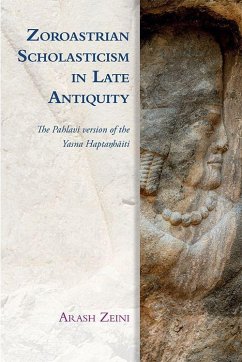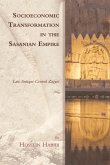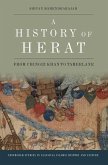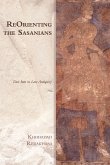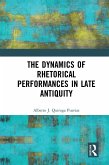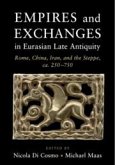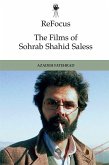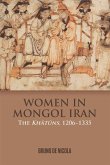Examines Zoroastrian exegesis by investigating a late antique translation of an ancient Iranian text In late antiquity, Zoroastrian exegetes set out to translate their ancient canonical texts into Middle Persian, the vernacular of their time. Although undated, these translations, commonly known as the Zand, are often associated with the Sasanian era (224-651 CE). Despite the many challenges the Zand offers to us today, it is indispensable for investigations of late antique exegesis of the Avesta, a collection of religious and ritual texts commonly regarded as the Zoroastrians' scripture. Arash Zeini also offers a fresh edition of the Middle Persian version of the Avestan Yasna Haptaŋhāiti, a ritual text composed in the Old Iranian language of Avestan, commonly dated to the middle of the second millennium BCE. Zeini challenges the view that considers the Zand's study an auxiliary science to Avestan studies, framing the text instead within the exegetical context from which it emerged. Arash Zeini is a lecturer and postdoctoral fellow at the Institute of Iranian Studies, Freie Universität Berlin.

